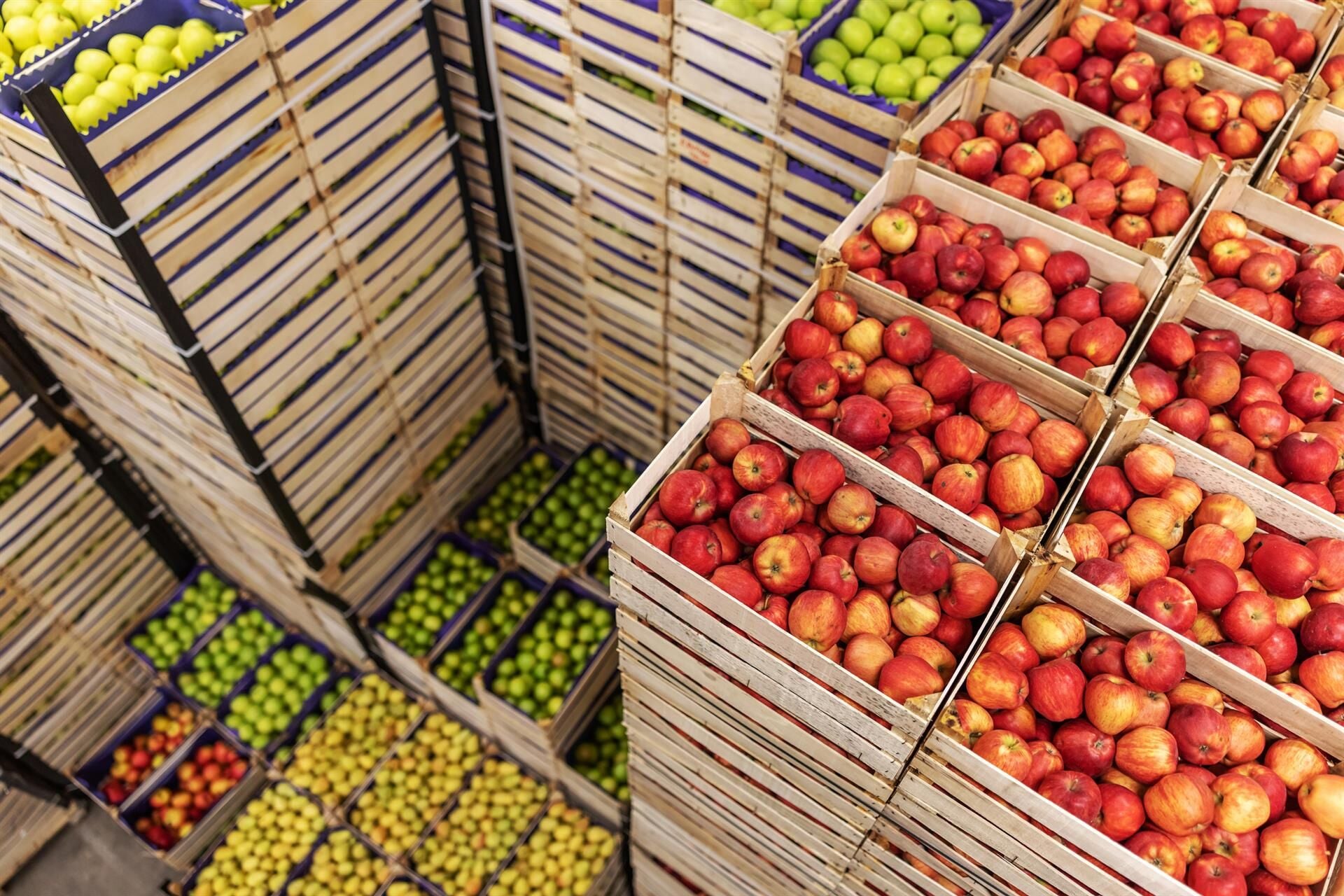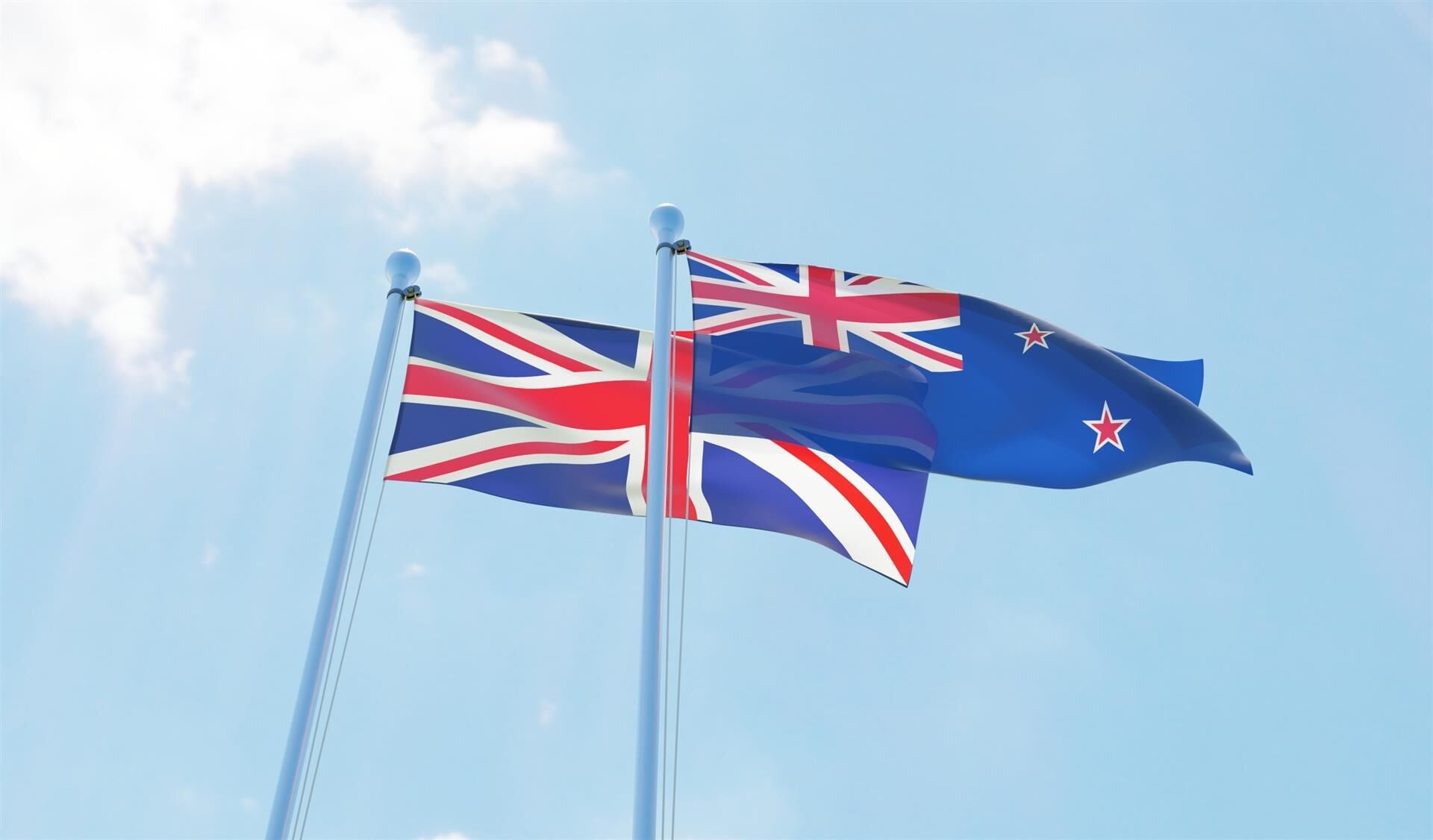Old friends boost value with free trade deal.

Like two old friends who had grown apart, New Zealand and the United Kingdom had a forced break in their free trade arrangement, with the United Kingdom folding into the European Economic Community (EEC) back in the early 1970s.
But the latest trade deal offers clear, immediate, and far-ranging reductions in tariffs which sees that legacy well and truly left behind.
It is a statement from the Brits to re-establish links with their colonial cousin - of Britain asserting itself as an independent, free trading nation wanting to engage as much with the wider world as it does with its immediate EU neighbours under its new-found Brexit freedoms.
The NZ-UK FTA announced in October has been met with praise by New Zealand exporters, with clear end dates for tariffs and controls clearly outlined.
That praise is underpinned by an unspoken acknowledgement that the United Kingdom is not the vital export market it once was for New Zealand exporters, but nevertheless offers potential for even greater trade that could nudge it higher up the trade value ranks.
The horticultural sector counts itself the biggest and most immediate winner from the deal.
Current horticulture exports to the United Kingdom include $70 million of honey, $80 million of apples and $450 million of wine a year. Under the agreement, all tariffs ranging from 8-16 percent will be removed almost immediately upon ratification early next year.
Expectations are the tariff removals will deliver at least $70 million a year to exporters from 2022.
The NZ-UK FTA is likely to present an opportunity for New Zealand producers to either extract better margins or price their produce more competitively. Either way, the expectation is for better returns for our producers behind the farm or orchard gate in the longer term.
But the benefits of the deal are also likely to extend beyond simply being able to sell more high-value food products at better margins or more competitive prices.
New Zealand’s primary sector has a good history of collaborating with Northern Hemisphere counterparts to expand knowledge, seasonality, and research.
Witness Zespri’s 20-year relationship with Italian kiwifruit growers, enabling it to secure shelf space all year round.
Dairying already enjoys a strong relationship with its Irish counterparts, partnering on research work and extending commercial services to the Emerald Isle.
The apple sector has already identified opportunities in the United Kingdom for companies to apply a similar approach to Zespri, extending shelf space with UK-sources out-of-season fruit.
United Kingdom growers also have much to learn from their Kiwi counterparts who are almost twice as productive per hectare of crop.
It speaks volumes about how far New Zealand has come since its endeavours to find new markets beyond the Mother Country.
After being New Zealand’s number one trading partner two generations ago, the United Kingdom now sits at number six in export value sales. It accounted for $960 million last year, just nudging out Taiwan (which has only 40 percent of the UK’s population), at number seven with $840 million of export earnings.
So given its status as an advanced economy that ranks fifth in the world for GDP, the potential to export more to the United Kingdom is an attractive one for the primary sector.
The agreement is not without some grumblings from farmers in the United Kingdom, but it appears to have recognised the potential for some domestic dissent.
Dairy products face a five-year reduction on tariffs on cheese and butter, while red meat has a 15-year staged reduction.
The timelines for both reflect the fact that historically they have always been the most politically-charged products on the UK’s domestic farming front to loosen tariffs and quotas on.
Bayleys national director rural Nick Hawken says that while some of our producers will have to wait for tariffs to fall away, overall, the NZ-UK FTA is a positive step for New Zealand primary producers and rural landowners.
“The necessity for primary producers to move from volume to value has been a hot topic over the last decade, so it’s great to see the playing field continuing to be levelled with our global trade partners. Ultimately, better export returns should have a positive impact for our rural landowners,” says Hawken.
The necessity for primary producers to move from volume to value has been a hot topic over the last decade, so it’s great to see the playing field continuing to be levelled with our global trade partners. Ultimately, better export returns should have a positive impact for our rural landowners.
UK high commissioner Laura Clark also summed things up well when she described the agreement as an opportunity for New Zealand and UK farmers and exporters to work together.
New Zealand set history when it signed an FTA with China back in 2008. China was a country then relatively little understood, and very different to us.
Yet the primary sector has managed to create a respected, trusted position in China’s enormous food supply system, making it our number one trading partner. New Zealand exports are respected at a trade and governmental level as trustworthy and of the highest quality.
“For farmers and growers, the NZ-UK FTA represents greater market access for valued food products to a country we know well, share similar values and government systems with, and is less diplomatically fraught. The agreement also means more money returning to farmers and growers for goods sold there, rather than a tax paid into EU tariff coffers,” says Hawken.
The agreement is also another plank in an enviable and increasingly sturdily-constructed free trade portfolio that includes South Korea, Taiwan, Australia, China, the 10 countries that make up the Association of Southeast Asian Nations (ASEAN) and the 10 other countries in the Asia-Pacific region that form the Comprehensive and Progressive Agreement for Trans-Pacific Partnership (CPTPP).
Therefor the NZ-UK FTA represents an opportunity to re-capture more of a wealthy market, one with consumers we share far more in common with than we ever did with China back in 2008, and with that the potential to grow again with our old ally.

Read more...